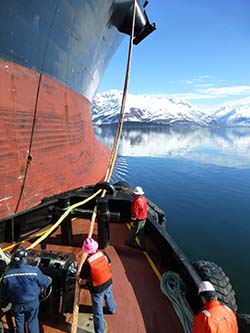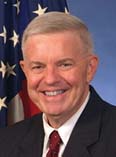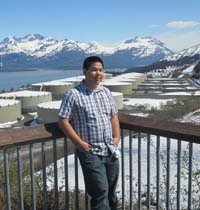From Alyeska:
Life and death situations arise in an instant, at any location, in any environment. Remote field sites, urban settings, even on a casual drive home. Ask Cindy Keuler, Alyeska Environment Program Specialist.
On April 4, Keuler and her sister were returning from Wasilla to Anchorage when they noticed a vehicle pulled off to the side of the road. The driver was standing alongside his vehicle talking on a cell phone while tending to a passenger still seated in the vehicle.
“I could tell something wasn’t quite right.” Keuler asked her sister to turn around. “As we approached the scene, the driver said his friend was having a heart attack.”
Keuler and another passerby immediately began to perform CPR on the man in distress. Keuler ensured there were no obstructions to the man’s airway and began to perform mouth-to-mouth; the man lending assistance started chest compressions.
While relaying their actions to a 911 operator, Keuler noticed the victim was turning blue. “I could tell that the man assisting me was not administering his chest compressions fast enough or strong enough.”
One of the onlookers said that he couldn’t because he (the other responder) had a broken back. Based on this injury, “I told him we needed to switch. It was definitely a situation that required me to Speak Up, Step Up.”
Shortly after they changed positions, emergency personnel arrived on scene, took over the lifesaving tasks and loaded the victim into an ambulance.
Keuler was initially reluctant to share her experience. “I really don’t want the spotlight to be on me. What’s important is the training that allowed me to help. Although I have used my First Aid training many times in the past, I’ve never used my CPR training in a life-or-death situation and I thank God I knew what to do.”
As one of Alyeska’s Emergency Response Coordinators at Centerpoint West, Keuler receives training that keeps her current with First Aid/CPR/AED.
In talking with her sister afterward Keuler said she, too, had never witnessed CPR performed in a real life situation. “It was a true awakening for my sister, and she realized how important it was to know how to respond in emergency situations. She’s now decided to become certified.”
In the days following the incident, Keuler made several trips to the hospital to check on the man and his recovery. “While he was still in Cardiac Intensive Care, I was informed that although he had a long road back he was expected to recover.”


